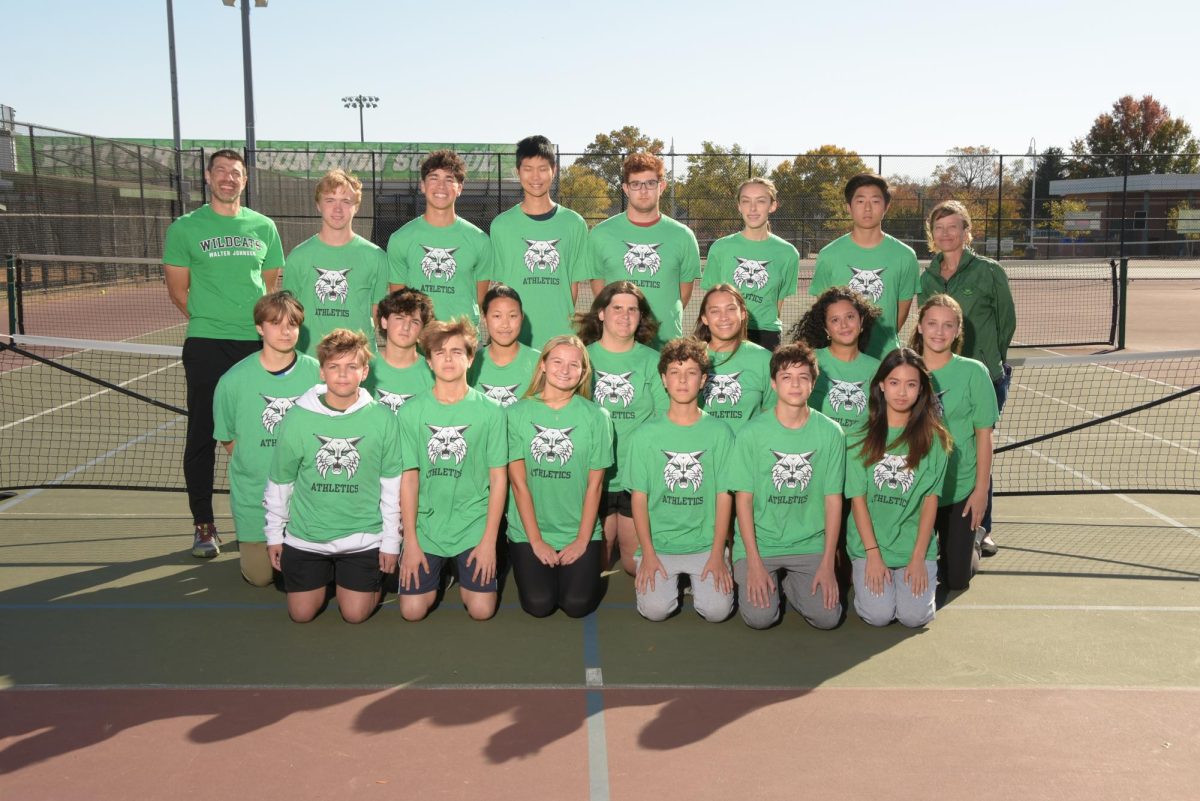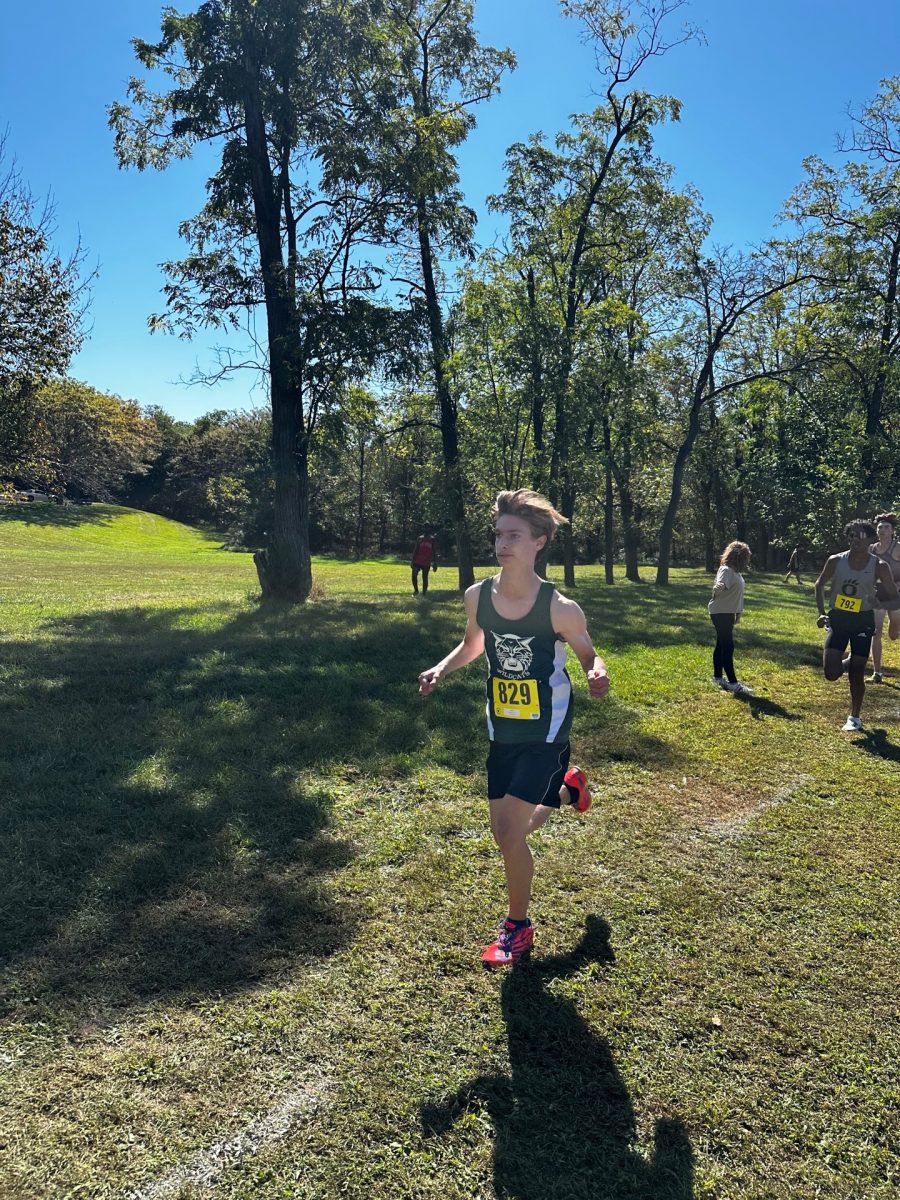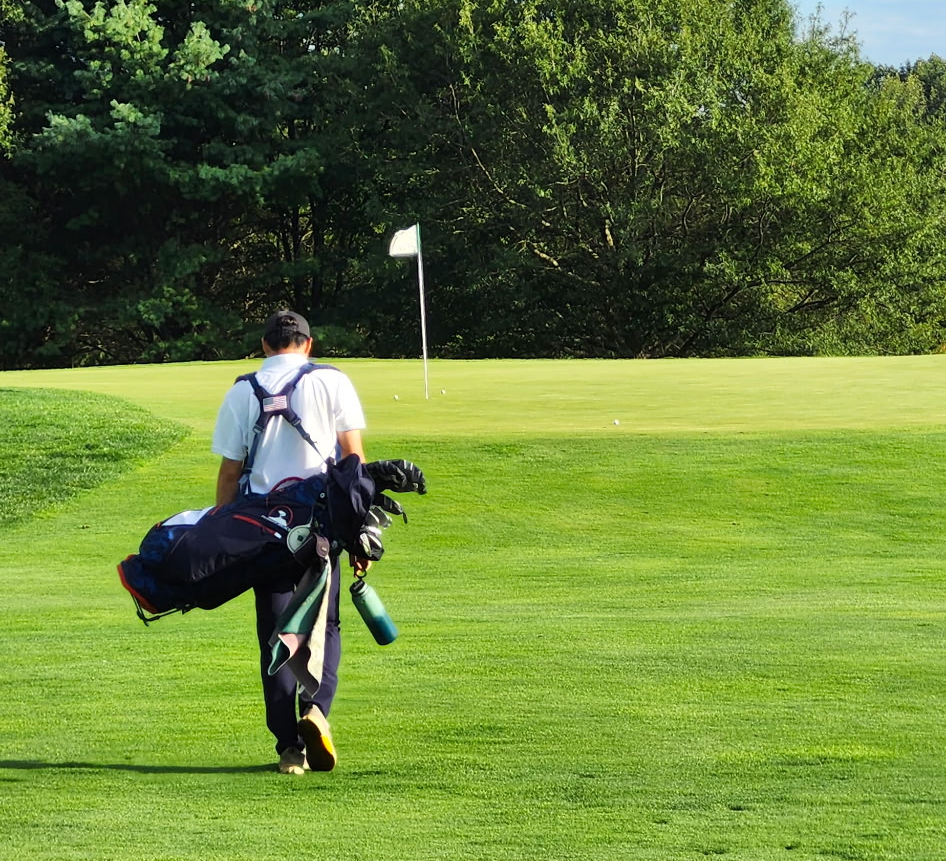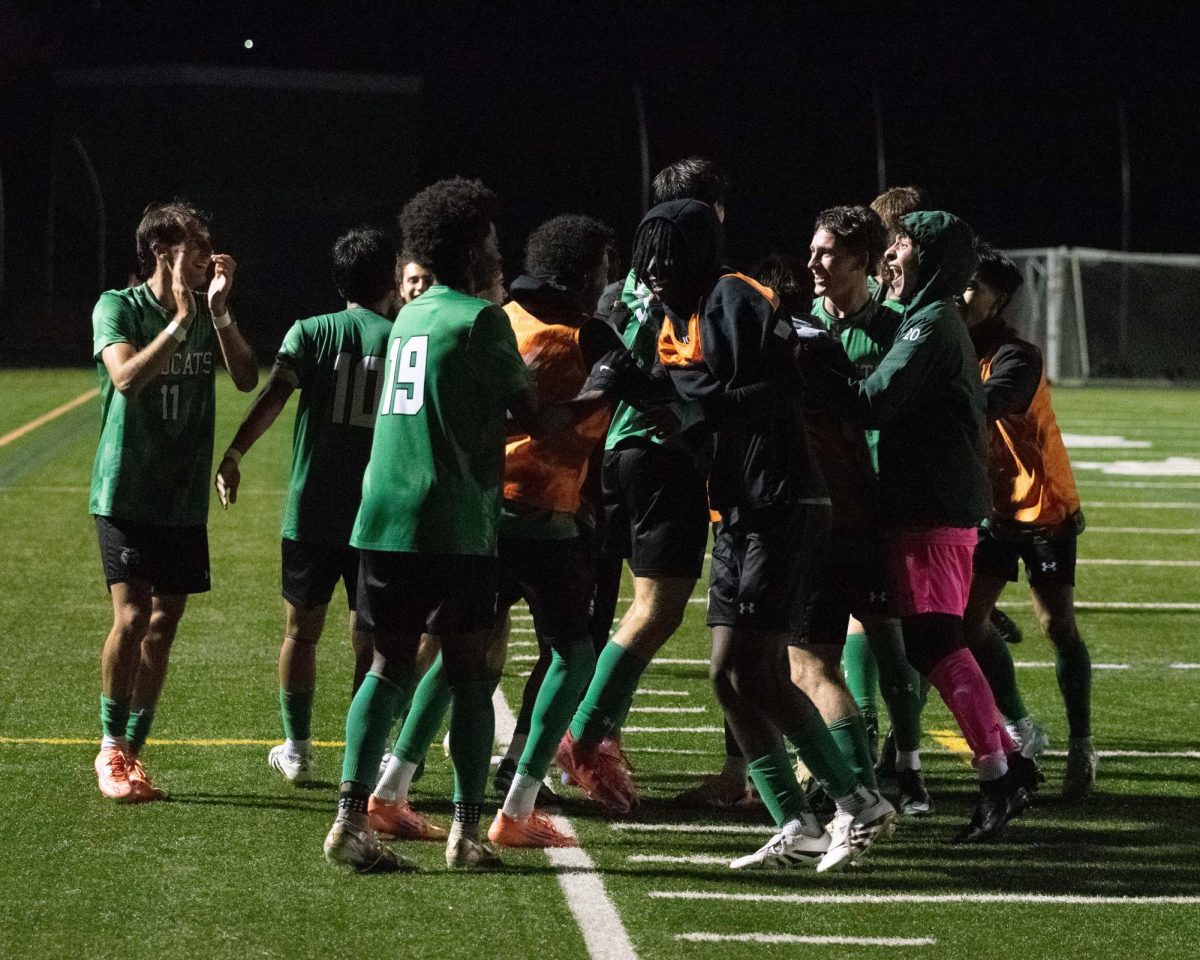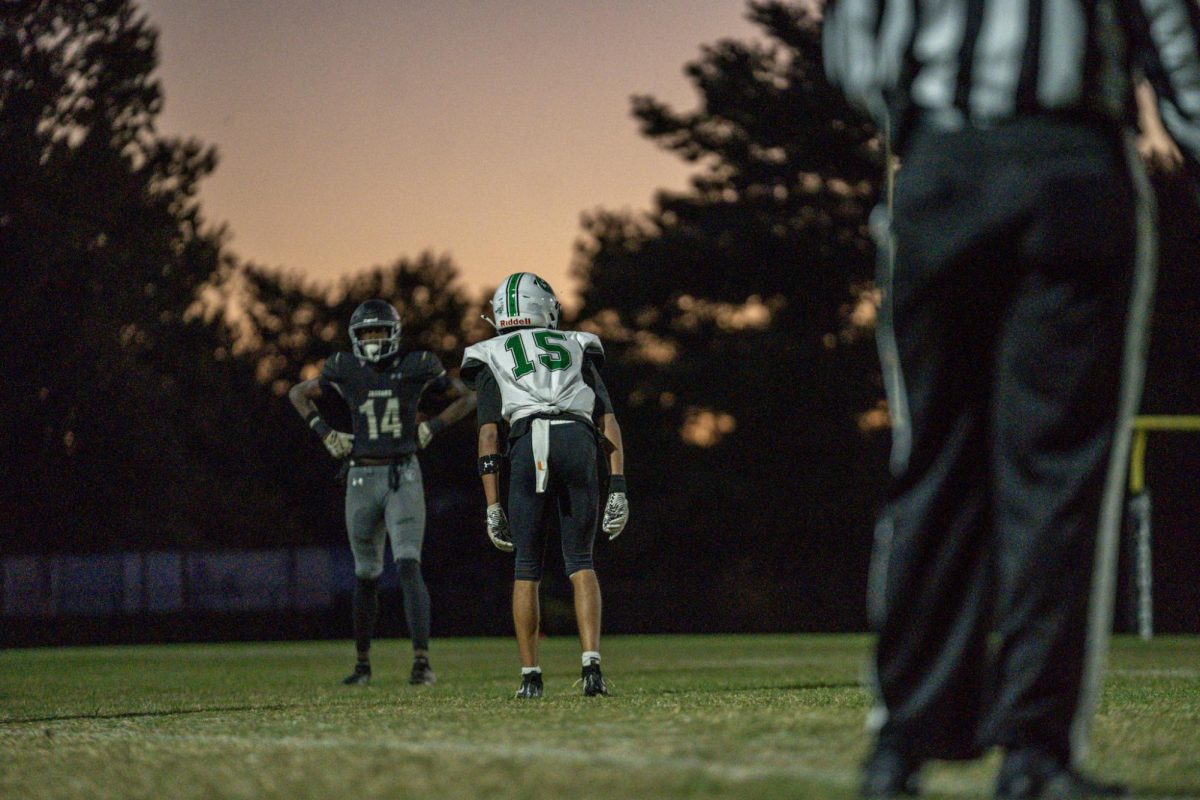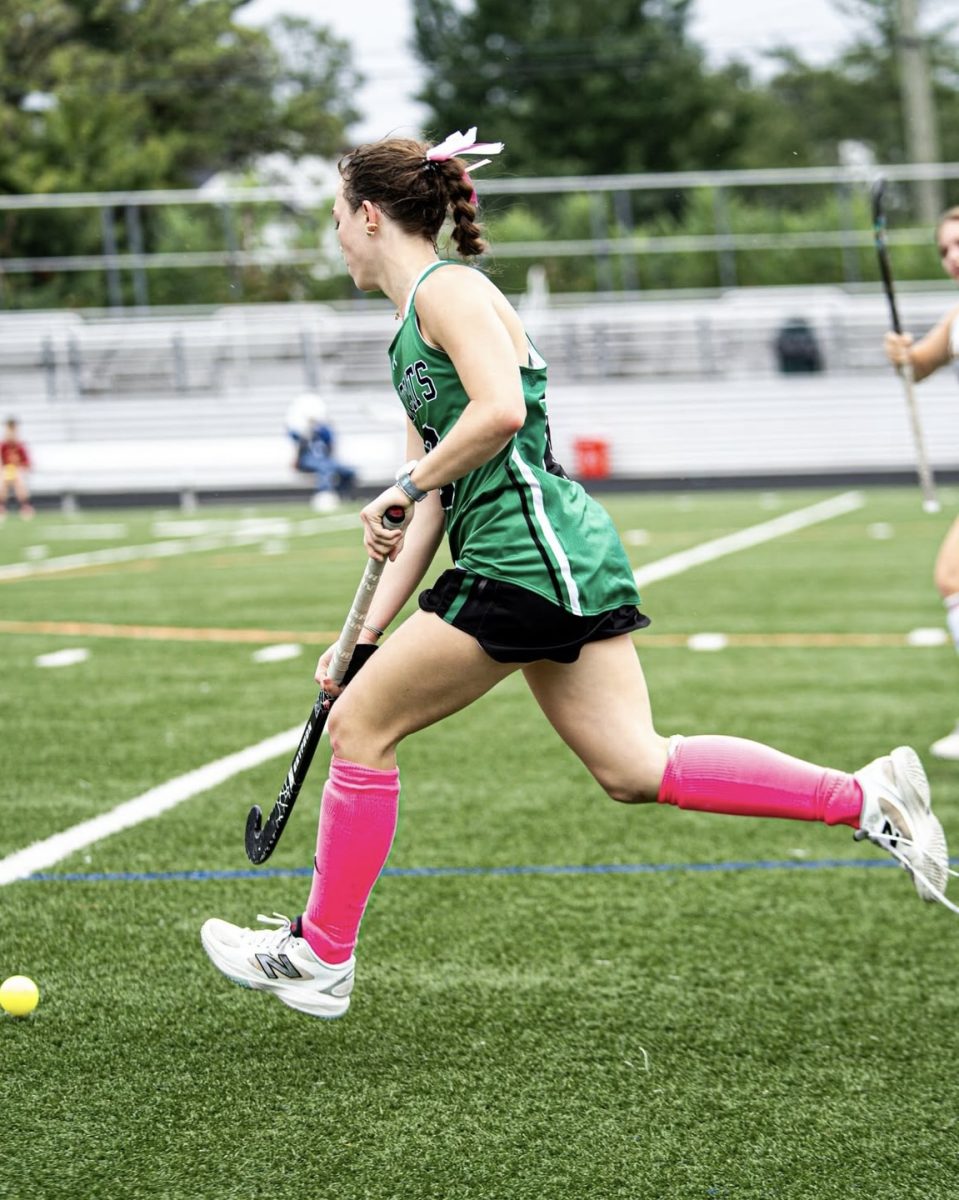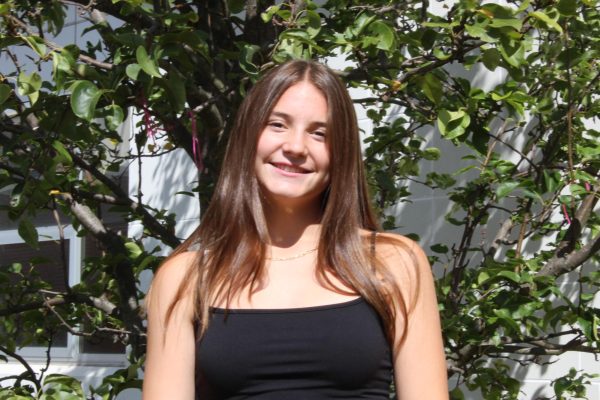High school sports have been a fundamental aspect of school culture for many years, benefiting students in all grades. Yet, despite the benefits of competitive athletic activities, some students with disabilities face barriers that hinder their participation.
This is where corollary sports come into play. A relatively new initiative, corollary sports programs are designed to include students with special needs in athletic activities.
“Corollary sports were developed largely to enhance interscholastic athletic opportunities for students with disabilities,” MCPS Athletic Director Dr. Jeffery K. Sullivan said.
With the help of corollary sports programs, athletic participation, and subsequently, school spirit is flooding special education programs county-wide.
“MCPS added three corollary sports teams to its interscholastic athletics program after the Maryland General Assembly passed the Fitness and Athletics Equity for Students with Disabilities Act in spring 2008,” Sullivan said.
The Maryland Fitness and Athletics Equity for Students with Disabilities Act is a groundbreaking piece of legislation designed to ensure that students with disabilities have equal opportunities to participate in physical education and athletic programs in Maryland public schools. Signed into law in 2008, this act addresses a longstanding gap in access to fitness and athletic activities for students with disabilities, striving to create an environment where all students can thrive physically and socially.
This year, pickleball was added to the fall sports menu. There are three divisions: Division 1, Division 2 and an Open Division. The first two divisions allow an accommodational athlete to be partnered with a non-accommodational athlete. While the Open Division allows a non-accommodational athlete to be paired up with a non-accommodational athlete.
MCPS allows high schools to create rosters for three corollary sports: pickleball, bocce and allied softball. WJ builds a roster for two of the three sports, pickleball and bocce. This allows kids in WJ’s Learning for Independence (LFI) program to participate in competitive, team-oriented athletics, ensuring all students can engage in a high school sports experience.
Coming off a historical first season, pickleball tied for first place in the county championships. Pickleball is seeking to expand on its early success next fall. Conversely, WJ’s bocce team has not found its rhythm yet, as it lost all five of its matches last season.
“It is important for [kids with special needs] to have the same opportunities that we do. It’s unfair for students with disabilities not to have the same access to sports,” junior Elisa Deparis, a non-accomodational pickleball team member said. “It’s fun to work with people who don’t have the same abilities as you to learn from each other.”
Deparis was paired with accommodational athlete junior Skylar Welch. Throughout the season, Deparis stressed the importance of creating a personal connection with Welch.
“We communicated a lot, we really supported each other which was very nice,” Deparis said.
Deparis and Welch came into the inaugural pickleball season blindly, unaware of the impact it was going to make on each of them. But, they left the season with a winning record and lasting friendships.
“Pickleball has allowed [Skylar] to work on her communication skills using her device with the other students. There was an amazing game where the entire team was cheering her name and clapping for her,” Special Education Paraeducator Veronica Hastings said. “She was so moved by it, she started crying. The next day, she was so excited to tell everyone about it. It’s raised her confidence in herself in so many ways. She’s a go-getter willing to try anything at least once now.”
The impact corollary sports have had on WJ and schools around the county is endless. These programs have opened up countless opportunities for corollary athletes, offering truly remarkable experiences.
“MCPS Athletics continues to be an innovative program that is the gold standard not just in Maryland, but across the nation. We want all 25 schools to field teams in all sports and reflect the interests of our students. We hope to continue to evolve and improve moving forward,” Sullivan said.


